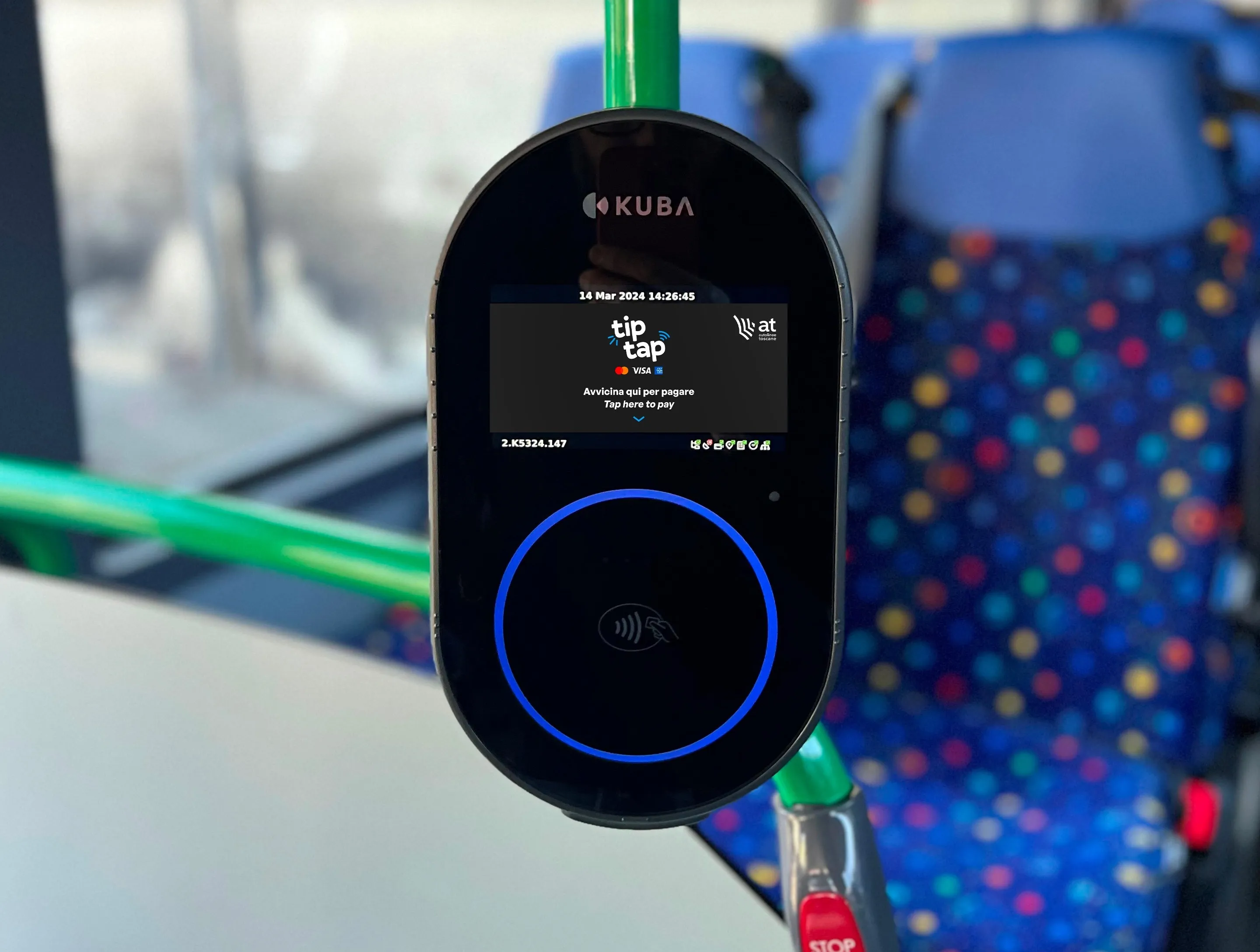Miami International Airport’s Automated People Mover (APM) is now operational, with a capacity to move more than 3,000 passengers per hour, at a top speed of 65km/h. The driverless system was constructed by Mitsubishi Heavy Industries and is the company’s fourth APM deployment in the US.
June 22, 2012
Read time: 1 min
Miami International Airport’s Automated People Mover (APM) is now operational, with a capacity to move more than 3,000 passengers per hour, at a top speed of 65km/h. The driverless system was constructed by 4962 Mitsubishi Heavy Industries and is the company’s fourth APM deployment in the US.








